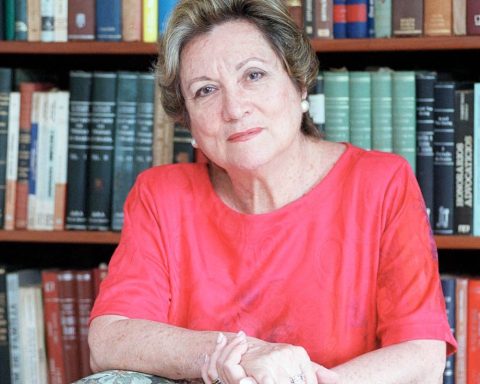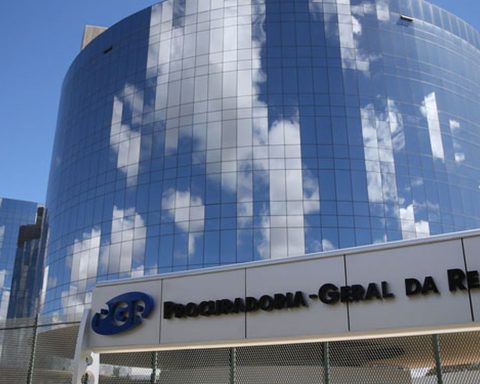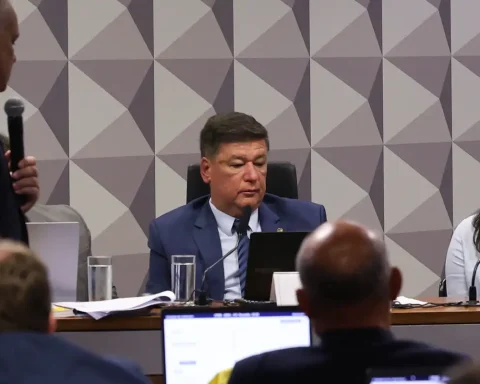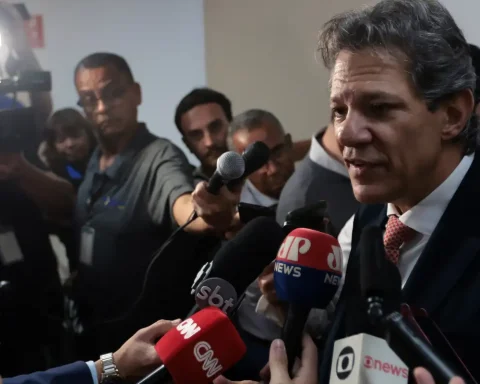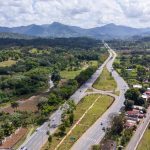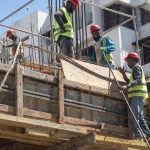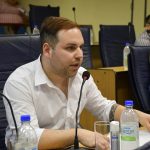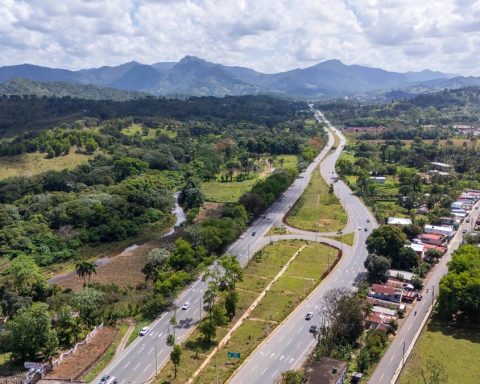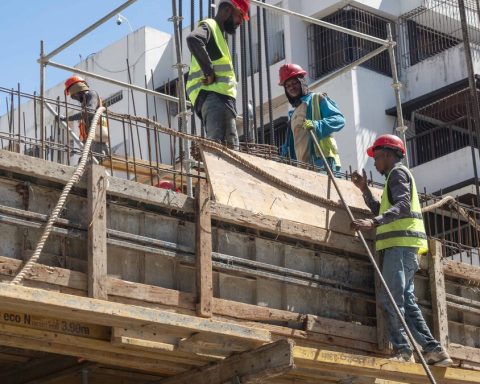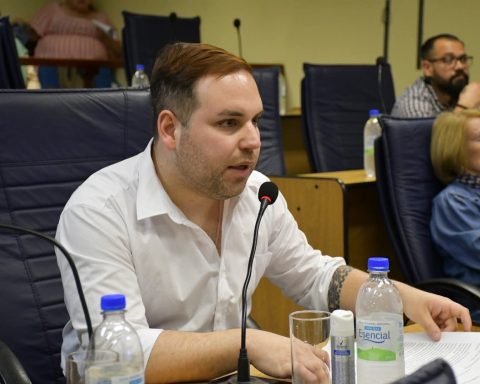On World Cancer Day, celebrated on Tuesday (4), researchers from the National Cancer Institute (Inca) warn of the large flow of misinformation about the disease circulating on social networks. An article published in the latest edition of Brazilian Journal of Cancerology It shows the risks of a cancer infodia, that is, the rapid and wide circulation of false information about the disease.

“Infodemia is a concept created by experts internationally, validated by WHO [Organização Mundial da Saúde]which gained a lot of strength during the covid-19 pandemic. Infodemia is a look at times when health information gains great relevance and begins to increase this information very abruptly, whether true or not, ”explained researcher Fernando Lima, one of the authors of the article.
According to the researcher, social networks do not facilitate the distinction between information, based on scientific evidence, and misinformation. “This can disturb the individual’s decision making about their own care and end, or delaying treatments or delaying diagnoses, and complicating their own cases.”
The article points out that cancer infodia covers from myths about the causes of the disease to promoting preventive measures and unpaid treatments. This information can encourage actions without evidence.
“False information that has been very propagated on social networks is related to HPV vaccine, which aims to prevent cervical cancer. There is even the misinformation that this [a vacinação] It could be associated with an increase in cervical cancer cases, ”said Lima.
“There is also misinformation about the safety of the use of electronic cigarettes. They are not safe. There is no proof of your safety. And there is also news of substitution of conventional treatments with alternative treatments. This generates a great risk to society. ”
Another author of the article, Telma de Almeida Souza, recalls the recent case of the circulation of misinformation about the use of soursop as a supposed way to kill cancer cells. “Time for cancer patient is paramount. This makes him waste time in his treatment. This fight against misinformation is very important to save lives. ”
According to the article, the dissemination and amplification of misinformation is intentionally enhanced by social networks through the so -called “surveillance capitalism”. By this concept, technology companies make money by keeping people connected by collecting their data and shaping their behaviors.
The algorithms used by such social networks amplify narratives, which “create echo cameras and privilege sensational content to increase users’ engagement, boosting everyone to the age of infodia,” says the article.
“The abrupt increase [da circulação dessas informações] It makes it very difficult for the ordinary citizen to understand to understand there, to differentiate what would be information or misinformation. Health information, nowadays, on the internet, can have peaks, what is called viralization, and this peak can be a moment that can raise many doubts in society, ”said Fernando Lima.
According to Lima, there must be permanent monitoring of this information and give a quick and efficient response, so that society knows how to differentiate information and misinformation. Actions such as regulating and holding companies that control social networks and strengthen institutional responses to false information are measures suggested by the researchers.

